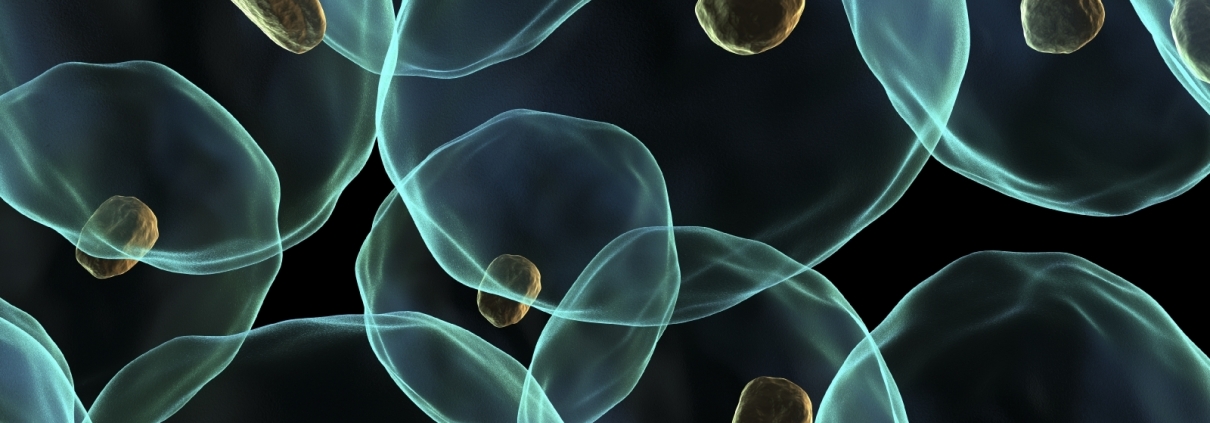BIOLOGY OF AGEING – OPEN SIG MEETING: May 20th 2021
The EuGMS SIG on Biology of ageing is glad to invite you to a series of monthly open meetings to introduce the latest and most representative activities of the teams and members of the SIG.
Next meeting will be on May 20th 2021 – 1PM CEST – 60 minutes
Topic: Implication of the receptor for advanced glycation end-products (RAGE) during inflammation and ageing.
Presented by Thibault Teissier, Department of Biochemistry, University of Oxford, South Parks Road, Oxford, UK (Lynn Cox lab) – Former: Univ. Lille, Inserm, CHU Lille, Institut Pasteur de Lille, U1167 – RID-AGE – Facteurs de risque et déterminants moléculaires des maladies liées au vieillissement, F-59000 Lille, France (Eric Boulanger lab)
Advanced glycation end-products (AGEs) are a family of molecules usually resulting from the non?enzymatic interaction between proteins and sugars and are involved in processes such as diabetes or ageing. Their main receptor, the receptor for AGEs (RAGE), is a pattern recognition receptor which binds with numerous ligands and promotes inflammatory responses, which have a central role in ageing in the context of inflammageing. Thus, we aimed to determine the impact of dietary AGEs such as carboxymethyllysine (CML) and RAGE on murine kidney ageing. Wild-type and Rage-/- C57Bl/6 mice were fed with a control-diet (BSA) or a CML-rich diet (200µg CML/g of food) for 18 months. Markers of renal function, inflammation and ageing were measured and histological analyses were performed to assess kidney ageing and amyloidosis. Our results demonstrated that while dietary CML had little effect on renal ageing, RAGE deletion largely reduced age-associated renal lesions, glomerulosclerosis, amyloidosis and inflammation. We suggest that RAGE has an important role in inflammageing.
Further details:
https://www.eugms.org/news/read/article/566.html



